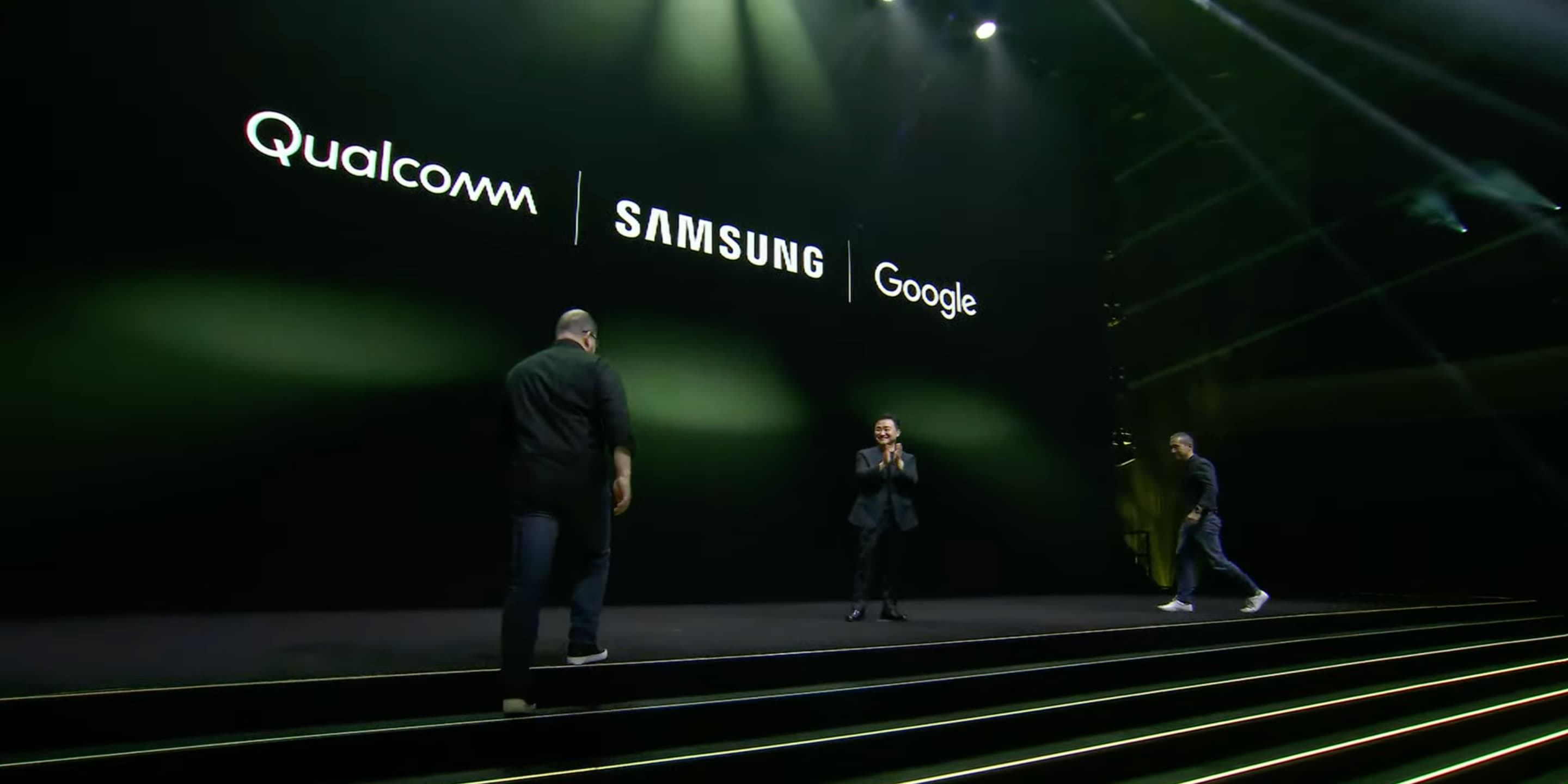According to the latest rumors, Google is not making consumer XR hardware, including headsets or glasses, and instead opting for an OEM model where it just develops the Android OS and services, presumably partnering with Samsung. That should be fine for the first few generations until the underlying display technology is miniaturized and perfected. However, I do hope that Google is making its own display-less glasses that feature a camera and headphones for Gemini.
9to5Google has a rebooted newsletter that highlights the biggest Google stories with added commentary and other tidbits. Sign up here!
Back in July, Samsung said its new XR platform is “coming this year.” A rumor shortly after that said the Google-Samsung-Qualcomm headset will get a developer version in October — looking at the calendar, it’s unclear whether that’s still happening, with the consumer launch set for March of 2025.
In September, Qualcomm suggested that Google and Samsung are working on a pair of “companion glasses.” That’s decidedly a different form factor from headsets, but there were rumors that Google’s work on making a smart glasses OS would eventually result in a partnership with Samsung.

As such, Google and Samsung having two XR devices in the pipeline is not surprising, but I hope Google alone has a third adjacent form factor in mind.
Meta Ray-Bans have proven successful. Even without AI, having a hands-free camera that is ready to capture with one button press is useful, while point of view images and videos are truly underrated.
When you add something like Gemini, glasses go from just being a camera to a true utility that can be useful throughout your day from task/event creation to asking questions about the world.
Google is clearly talking about AI + vision with Project Astra, but that prototype we saw at I/O 2024 in May had a display. That screen just provided a transcript and voice recognition indicator that is ultimately not necessary for the time being with the technology still bulky and the fidelity lacking. The utility remains intact without it.
On paper, Google has everything needed to make screen-less smart glasses. There’s miniature (front-facing) camera expertise from Pixel phones, while the Pixel Buds team contribute audio and touch control knowhow. In terms of cramming technology into glass stems that reside on your body, there’s knowledge from the Pixel Watch division.
With Apple rumored to be targeting display-less smart glasses for 2027, I think it’s inevitable that Google also has a first-party offering for this type of device rather than partnering with someone else. There was also talk in July of Google wanting to put Gemini in smart glasses, specifically frames from EssilorLuxottica, though it’s unclear whether they’d have displays. The Ray-Bans maker eventually went all-in with Meta.
The way for Google to truly differentiate from the Meta Ray-Bans is by positioning them as something you wear all the time, especially indoors, instead of just as sunglasses.
In a way, Google has already started with the Pixel Screenshots app, just swap screen captures for real-life images. Meanwhile, I imagine Google Lens offering the more traditional visual Search experience, while Gemini, Live, and Astra serve as the assistant that helps you control the glasses and have conversations.
In terms of branding, this sounds like a product that fits naturally into the Pixel Portfolio. Like a smartwatch, it has to pair with your phone. Enough time should have passed for “Pixel Glass” to be appropriate, while I always thought “Google Lens” would be perfect. “Pixel Lens” could also work, but I also wouldn’t be surprised if it was “Gemini [x]” instead given the company-wide mandate.
FTC: We use income earning auto affiliate links. More.

